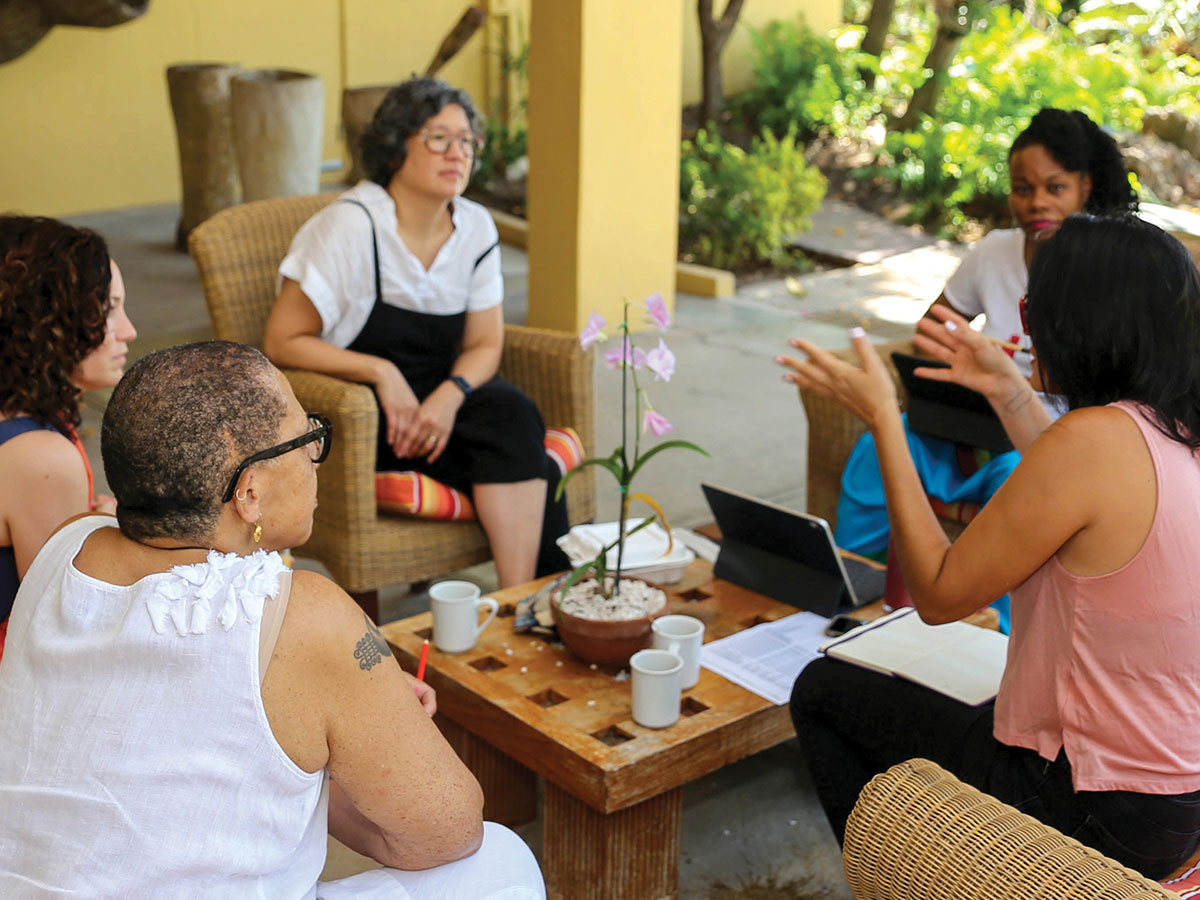Streamlining Plus: Empathy, Communication, and Flexibility When Things Go Wrong

I’ve been thinking a lot about empathy in funder/grantee relationships. It’s easy to focus on streamlining’s tactical or transactional aspects (make applications shorter… user-test your online system…), but in fact, the relational elements of grantmaking are what often transform a process. When funders are empathetic, take time to communicate clearly and often, and demonstrate flexibility, other issues in the grantmaking process don’t seem like such a big deal.
Even for someone working in philanthropy, it’s easy to be oddly disempowered and nervous when you’re seeking funding. Because I’ve been helping to raise funds for the building of a new school, I’ve been on the grantseeking end of things more than usual lately, and let me tell you, all philanthropoids should spend some time there so that they remember how painful it can be.
Here’s the story: Our school is fundraising to build a new and much needed school facility. Last summer, a funder took back a grant that had been awarded to our school for a significant amount of money because we failed to meet a contingency due to factors beyond our control. To be fair, it wasn’t even the decision to retract the funding offer that made this so demoralizing. The funding was contingent on our breaking ground on schedule – and our land deal had fallen through. We were not going to be able to meet the timeline we’d proposed. We were told we could apply again once we had finalized our land purchase, secured all financing, and were ready to build.
What was crushing (apart from losing a six figure grant that we thought we’d secured) was that we had not understood how tenuous our award was. Whether this was naiveté on our part or poor communication from the funder, we were completely taken by surprise when the funder immediately withdrew support with what seemed a complete lack of concern as to the impact of the decision on our efforts. Setting aside the question of whether it was right to withdraw funding so precipitously, it seemed weird that we weren’t even able to have a conversation about it.
This was clearly a special case, but it did make me consider a few general guidelines for funders who find that they need to withdraw support (or the promise of support) to a grantee:
- Be sure that your policies are clearly conveyed in writing and in conversation.
- When making a risky grant, discuss the perceived risks with the grantseeker – and be explicit about what will happen if things go south.
- Provide capacity support and connections to other funders if you can.
- If possible, stick with the grantee through a rough patch. Ask about their plans to get through it. If you are able to be flexible, modify the terms of the agreement so that funding begins after certain steps are taken or certain capacity is built.
- Even if you can’t provide material support in the moment, keep in mind that your relationship is also important to the grantee. Share your concern and hopefulness. You cared about the work when you agreed to fund it and you want it to succeed.
Bottom line, funders: What may feel to a funder like “just business” can feel to the grantee like a striking lack of empathy – not to mention a devastating loss of funding. It takes communication and the human touch to bridge this gap.


